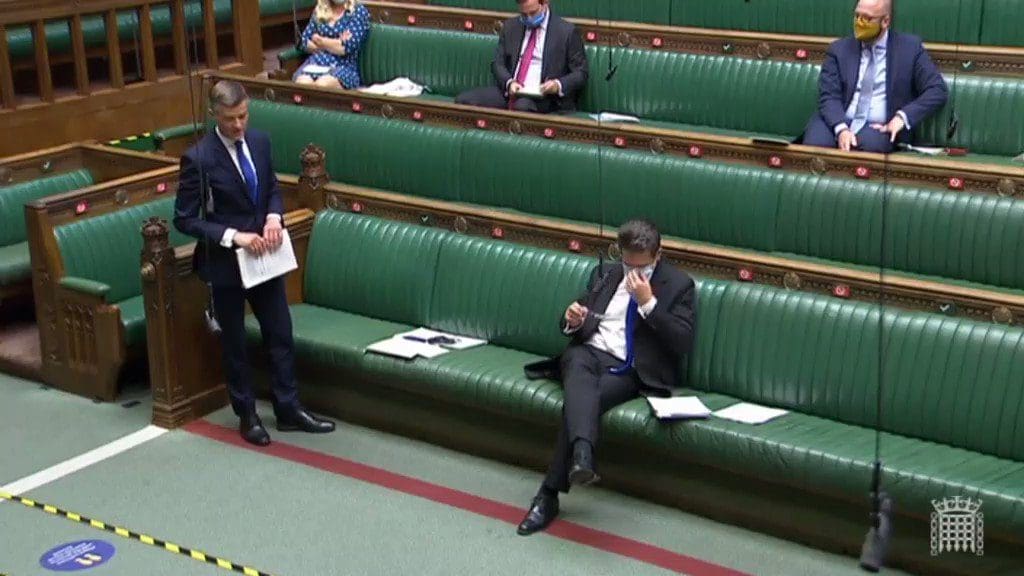

How Outraged Should We Be By Yesterday’s Renewal of the Coronavirus Act Without a Parliamentary Vote?
There was plenty of outrage on Twitter yesterday from lockdown sceptics about the renewal of the Coronavirus Act 2020 without the House of Commons being given an opportunity to vote on it. For instance, Julia Hartley-Brewer tweeted: “What kind of democracy do we live in when a six month extension to emergency powers to control every aspect of our lives can just be nodded through without any vote?”
What kind of democracy do we live in when a 6 month extension to emergency powers to control every aspect of our lives can just be nodded through without any vote?
I want to know exactly which MPs support this and which don’t.
We won’t forget, you know. pic.twitter.com/D2rNgaaW1A
— Julia Hartley-Brewer (@JuliaHB1) October 19, 2021
But I’m a little more sanguine about this than others and have written a comment piece for Mail+ explaining why. Here is an extract:
Yes, the Act, as originally passed in March 2020, is an illiberal measure that grants the Government all sorts of sweeping powers. For instance, the ability to close businesses and schools, and restrict social gatherings.
But there are two reasons why its renewal should not set off alarm bells.
First, all the most draconian powers granted to the Government under the Act have been removed. The remaining clauses give ministers powers they would need to use in the event of another lockdown but which, by themselves, don’t enable them to impose one, such as allowing them to financially support businesses affected by COVID-19 and to stop landlords evicting tenants for unpaid rents.
However, the removal of these sweeping powers should not be a cause of comfort – which brings me to the second reason.
The last three times the Government imposed a lockdown, it didn’t need to rely on any of the authoritarian clauses in the Act. That’s because it has all the powers it needs under the Public Health Act 1984 and, unlike the Coronavirus Act, that piece of legislation doesn’t have to be renewed every six months.
That’s why Steve Baker, Conservative MP for Wycombe and Deputy Leader of the Covid Recovery Group, abstained in yesterday’s vote but didn’t call for a division of the House. He rightly understood that the renewal of the Act was small potatoes in the grand scheme of things.
I go on to say that for opponents of further lockdowns the focus should be on reforming the Public Health Act, not repealing the Coronavirus Act.
If we’re going to make it harder for the Government to lock us down again without carrying out a cost-benefit analysis – which it didn’t bother with on the previous three occasions – the critical thing is to reform the Public Health Act. That is what the Covid Recovery Group is campaigning for.
Of course, reforming the act wouldn’t prevent the Government from imprisoning us in our homes again. But it would mean that in order to do so, in the absence of any kind of risk assessment, it might have to pass another act of Parliament. That would at least give MPs and peers the opportunity to scrutinise and debate the merits of another lockdown.
Worth reading in full.
Stop Press: For those unconvinced by this argument, you can sign a petition urging the Government to repeal the Coronavirus Act here.







